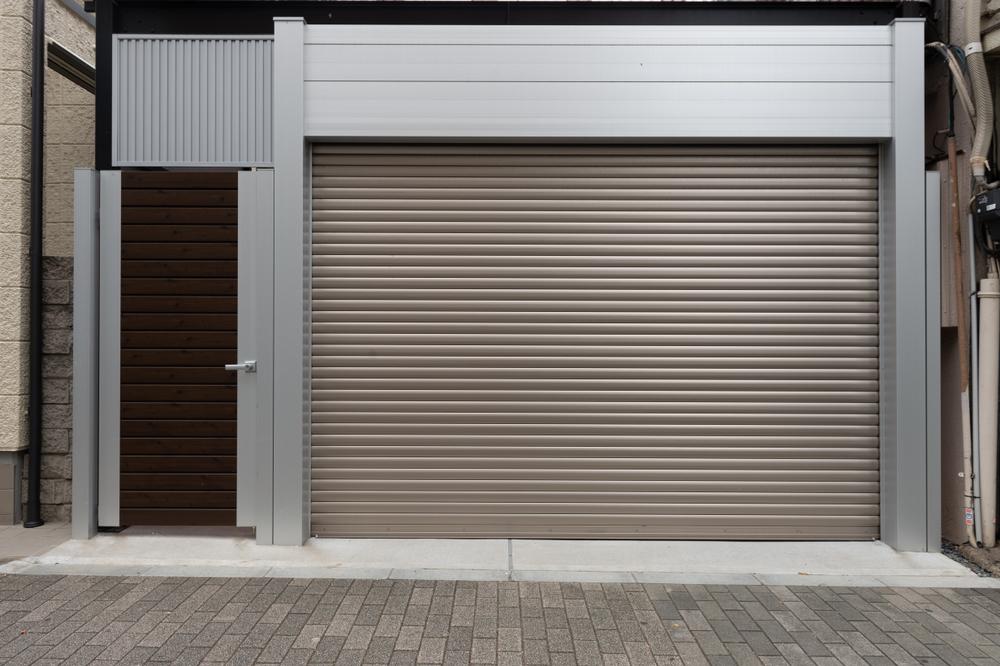Insulation is an option for most garage doors that adds to the cost but can provide a number of benefits, including greater energy efficiency.
The Benefits of Insulated Garage Doors
When it comes time for garage door installation for a new home or as a replacement, insulation is an option you have. Opting for it will often increase those initial insulation costs but also provide a number of benefits over the long-term.
Aren’t All Garage Doors Insulated?
No. While all garage doors do provide inherent insulation from the construction material, thermal resistance is usually quite low unless insulation has been specifically added. There are two types of insulated doors. Some doors are manufactured with the insulation inside. Other doors are layered and allow for different types of insulation to be added during the installation process.
Insulation and Energy Efficiency
If your garage doors have a low thermal resistance, your garage will cool in winter and heat up in summer. If the resistance is higher, then garage temperatures can remain reasonably static and not get too cold or too warm. This is a particularly important consideration if you have an attached garage. Even if an attached garage isn’t vented, it can affect the temperature of the entire home. It can make it more difficult to cool the home in summer and warm the home in winter.
How You Use Your Garage
Another factor is how you use your garage whether its attached or not. If you have an interior room above the garage, proper insulation will make it cheaper to cool and heat. If you use the garage as a personal space, insulation can make it more comfortable and use of a fan or space heater more effective.
Thickness vs. R-rating
When it comes to insulation, greater thickness doesn’t necessarily mean greater protection. Insulation effectiveness is rated using an R-value, which is a measure of thermal resistance. In a nutshell, the higher the R-value, the more effective the insulation. Consider polystyrene and polyurethane, which are common garage door insulation options. A polystyrene-insulated door will usually be noticeably thicker than a polyurethane-insulated door, but the latter has an R-value of 9.0 while the former is rated at 17.2.












